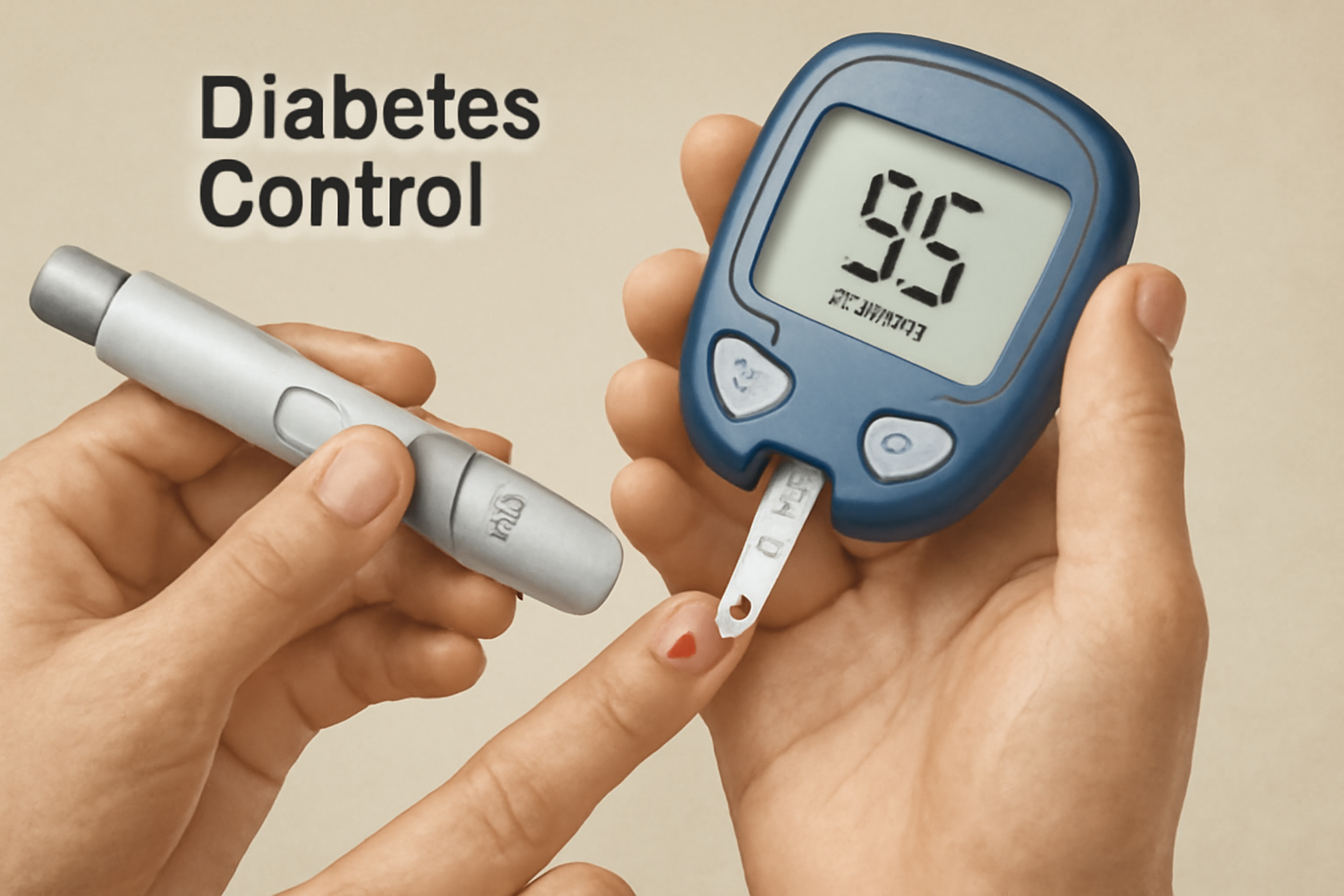Diabetes is a chronic condition that affects how the body processes blood sugar. Managing diabetes requires ongoing attention to various health factors, and there are several steps a person can take to help control the condition. These steps may include changes in diet, physical activity, medication, and routine monitoring.

One of the most common tips for managing diabetes is to monitor blood sugar levels regularly. This can be done using a glucose meter, which provides readings that help identify trends and fluctuations in blood sugar. Based on these readings, individuals can make decisions about food intake and physical activity. However, taking readings several times a day can become repetitive and time-consuming. Despite this, consistency in monitoring is often encouraged by healthcare providers.
Another common recommendation is to follow a balanced diet. This usually means eating foods that are low in sugar and carbohydrates while including whole grains, vegetables, and lean proteins. Eating meals at the same time every day is often suggested. Some may find meal planning helpful, although it can require a lot of effort and time to prepare meals that fit specific dietary guidelines. Foods high in fiber are also considered beneficial for blood sugar control. Drinking water instead of sugary drinks is another basic recommendation often given.
Physical activity is also a part of diabetes management. Doctors often suggest at least 30 minutes of moderate exercise most days of the week. This can include walking, cycling, or swimming. However, it is important to avoid overexertion and to monitor blood sugar levels before and after exercise. Some individuals may find exercising every day to be inconvenient or boring. Stretching and light movement may also help improve circulation and maintain overall health.
Taking prescribed medication or insulin as directed is a key factor in diabetes management. Medications should be taken at the correct times and doses, and skipped doses can negatively impact blood sugar control. Side effects from medication may also occur, which require additional consultation with healthcare providers. Following instructions closely is important, even if the process feels repetitive.
Routine medical check-ups are another aspect of diabetes control. These include eye exams, foot exams, and regular blood tests. Doctors may adjust treatment plans based on these checkups. While some may view these appointments as necessary, others may find them tedious or time-consuming. Nevertheless, they are typically recommended as part of a long-term diabetes care plan.
Reducing stress is also mentioned in many diabetes management tips. Stress can affect blood sugar levels, and relaxation techniques like deep breathing or meditation may help. Still, not everyone finds these methods useful or practical in everyday life.
In conclusion, controlling diabetes involves many different tasks that must be repeated regularly. From monitoring blood sugar and adjusting diets to exercising and attending check-ups, the list of tips can feel long and unexciting. However, following these tips is generally advised to help manage the condition effectively.

